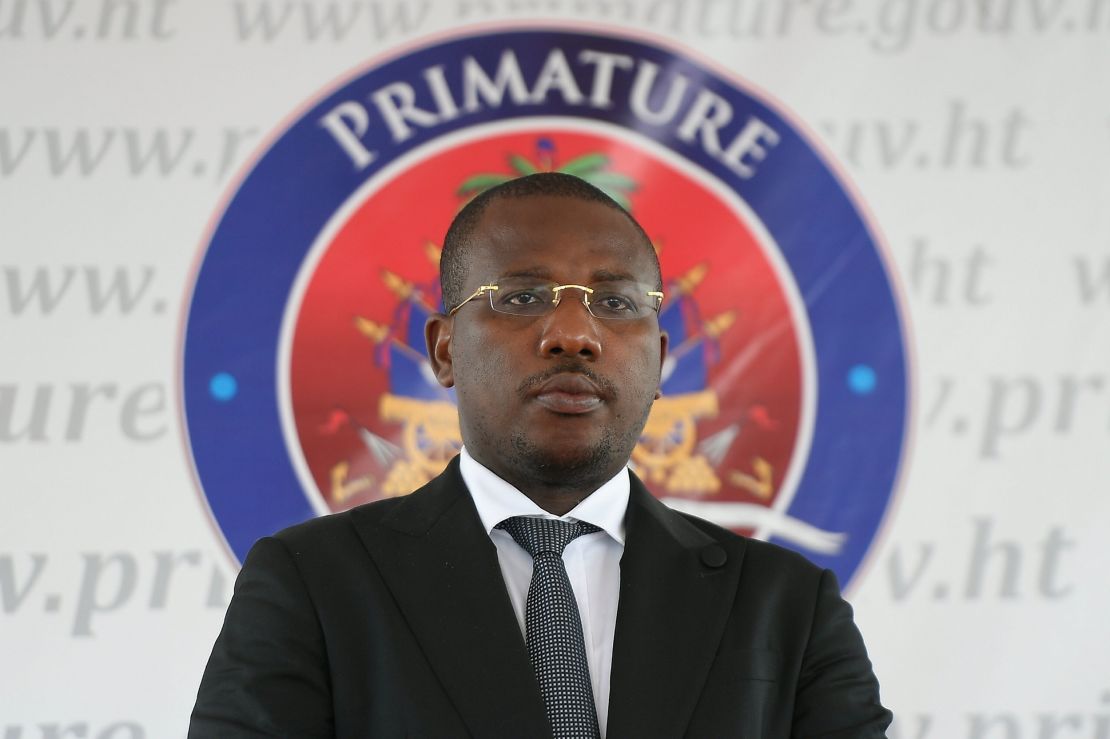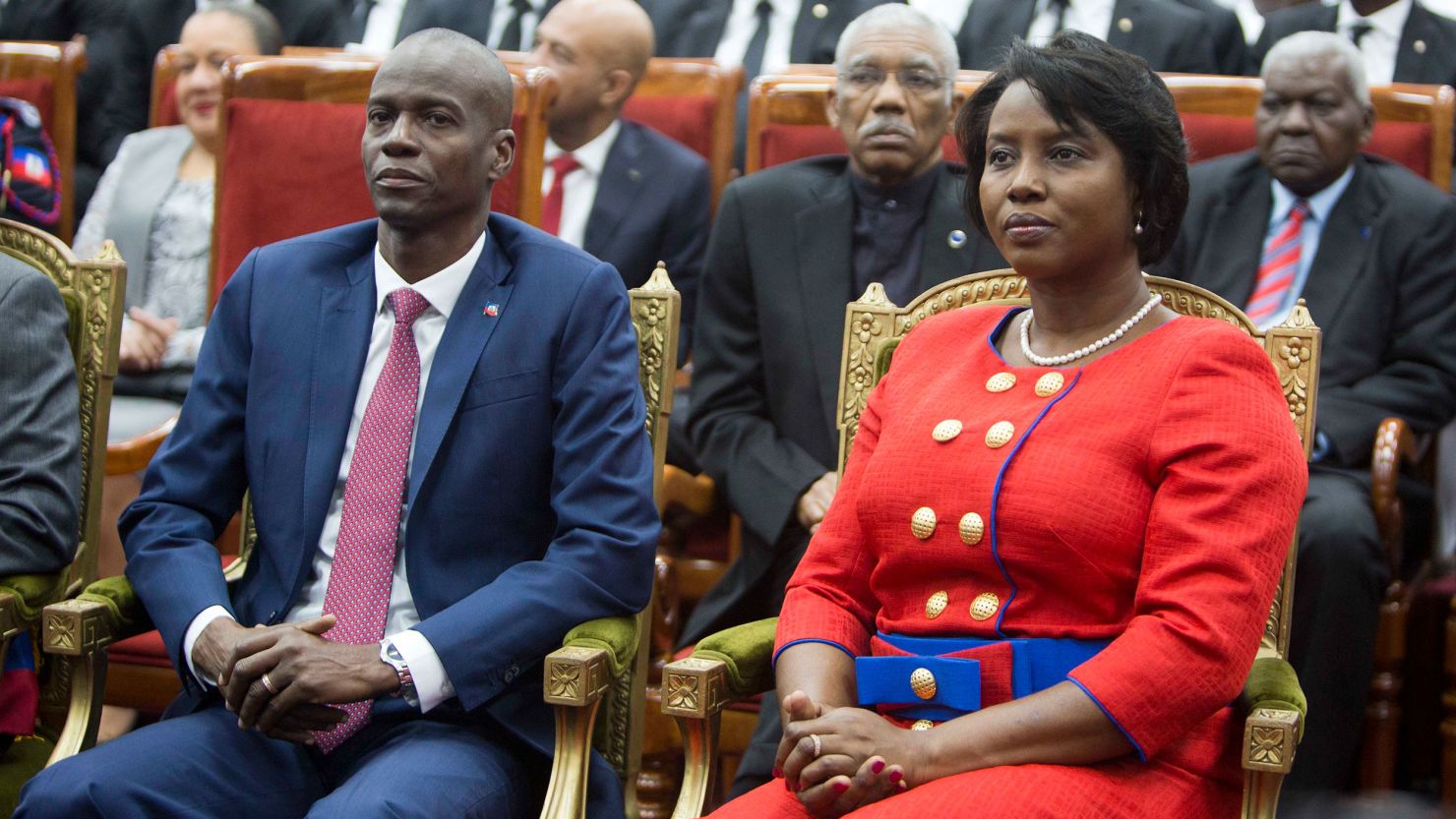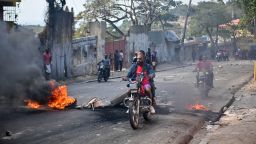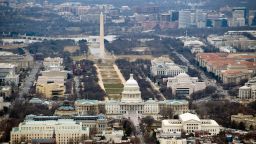The wife of Haiti’s former President Jovenel Moïse, Martine Moïse, and the former prime minister Claude Joseph are among 51 people who have been indicted over the assassination of the former president, according to a 122-page document from the judge presiding over the investigation.
Moïse was assassinated in the presidential residence on July 7, 2021, after more than two dozen armed men swarmed the president’s compound. He was shot 12 times and killed. Mrs. Moïse was also shot multiple times but survived.
In the document, dated January 25 and made public by the online Haitian news site AyiboPost on Monday, Judge Walther Wesser Voltaire said Mrs. Moïse conspired with the former prime minister to replace the president.
The 51 people named in the indictment are facing charges ranging from complicity and criminal association, armed robbery, terrorism, assassination and crimes committed to the prejudice of former President Jovenel Moïse, it said. The order claims there is “serious and sufficient evidence” against those mentioned.
CNN has reached out to the office of Judge Voltaire to confirm the authenticity of the document.
PBY&A, the law firm representing Mrs. Moïse, insisted that the former first lady is innocent, saying, “She has no motivation for this attack, and her inclusion is supposedly based on her imperfect memory of the most traumatic night of her life … There is no basis in law or fact for Mrs. Moise to be charged for this crime and including her in this indictment is an embarrassment that further calls into question the legitimacy of the current Haitian government.”
“We will vigorously defend against these ridiculous and unjust charges against Mrs. Moise,” Paul Turner, a partner at PBY&A who represents Mrs. Moïse, said in a statement to CNN.
Speaking to CNN a month after her husband’s assassination, Martine Moïse described the details of the night the former president was killed and called on the UN to help bring the perpetrators to justice.
“Once they shot the president, that’s when I thought, ‘It’s over for both of us.’ And I closed my eyes, you know, I didn’t think about anything else. I thought, ‘It’s over. This our last day,’” she told CNN in 2021.
The judge called for the arrest and trials of those charged.

In a statement following the release of the order, the former prime minister Claude Joseph denied his involvement in the assassination and accused the current Prime Minister Ariel Henry of “weaponizing the Haitian justice system.”
“They failed to kill me and Martine Moïse on July 7, 2021, now they are using the Haitian justice system to advance their Machiavellian agenda,” Joseph said. “I will not give up my fight against a government that has been killing the Haitian people.”
Joseph said he called for international assistance to the investigation while serving as Haiti’s interim prime minister following Moïse’s assassination and that he has repeatedly called for justice to be served.
The prime minister’s office denied that Henry had a hand in the judge’s decision.
“The examining magistrate is independent and has the means to conduct his investigation in complete freedom. The prime minister has no direct relationship with the examining magistrate, nor does he control him. The judge remains free to issue his order in accordance with the law and his conscience,” Jean-Junior Joseph, spokesman for the prime minister, told CNN.
Haitian authorities have arrested at least 44 people in connection with the assassination, including at least 20 Colombians. Prosecutors in the United States have also brought charges against 11 men who allegedly conspired in the plot, according to the US State Department.
Haiti has faced a surge in gang-related violence in recent years, which has cut off vital supply chains and forced some 200,000 people to flee their homes in the capital Port-Au-Prince. Earlier this month, Henry urged calm after three days of violent protests demanding him to step down as frustration grows over gang violence, poverty and his failture to organize general elections.





